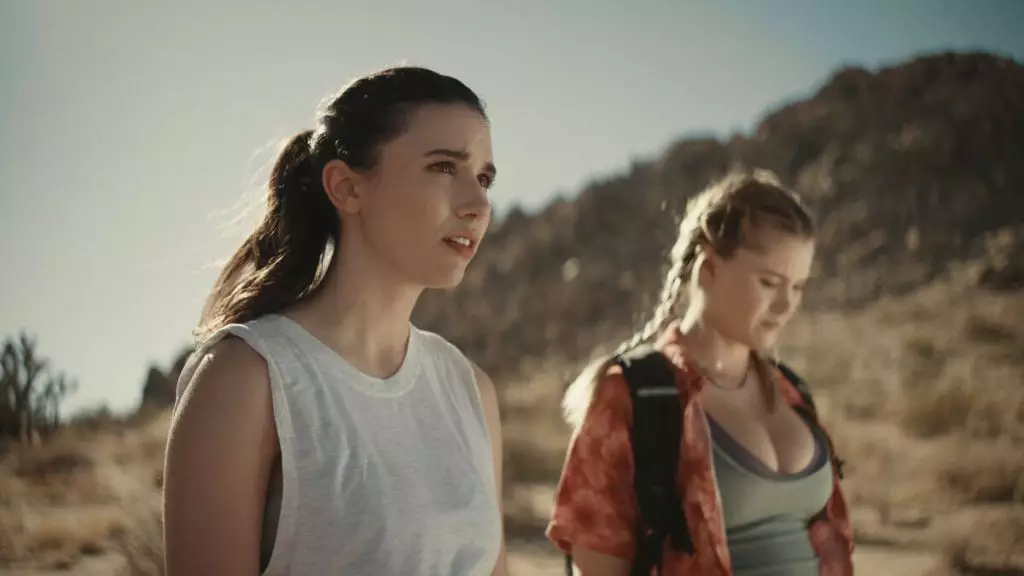The emergence of Artificial Intelligence (AI) within the film industry has prompted widespread discussion about its impact, creation, and ethical considerations. A recent panel held during the Zurich Summit featured industry luminaries such as Jim Rivera, Chief Product Officer at Flawless, David Unger, CEO of Artist International Group, Chris Jacquemin, Partner & Head of Strategy at WME, and Sara Murphy, Producer at Fat City. Their dialogue illuminated the hybrid nature of AI’s role in filmmaking—offering both remarkable opportunities and formidable challenges.
David Unger expressed his vision of AI as a revolutionary force for cinematic expression akin to the advent of sound in film. He proposed that we are on the cusp of a paradigm shift that will redefine storytelling. “It’s like the birth of sound,” he suggested, emphasizing the unprecedented potential for innovation. The captivating allure of this perspective is that it holds the promise of an entirely new cinematic language, evolving the very medium of film itself. The transformation requires not just technical adjustments but a reconciliation of how narratives are constructed. As filmmakers, audience expectations, and market dynamics shift, the complexities of filmmaking evolve into new dimensions.
This innovative trajectory is not without its limitations, however, as Rivera noted. For many artists and industry stakeholders, the concern lies in the implications of quality. While AI can enhance productivity, there’s a disparity in what can be achieved versus what is needed for cinematic excellence. As Rivera stated, the very attributes that constitute quality—resolution, color depth, and the fidelity of performances—must not be sacrificed in the rush to adopt new technology. The pursuit of aesthetics in cinema is as essential as creativity itself, presenting a challenge for producers eager to embrace the speed offered by AI.
The discussion also spotlighted the ethical dilemmas posed by AI in filmmaking. Rivera highlighted the need for transparency and collaboration with actors’ guilds to navigate the potential for abuse in AI-generated performances. Consent emerges as a pivotal issue, especially as technology permits significant alterations to actors’ performances or likenesses. The emergence of these rights is unprecedented and points to a future where understanding and managing the consent landscape may prove to be a continual process of negotiation.
Sara Murphy pointed out a significant advantage of incorporating AI tools in productions—cost savings. The potential to sidestep expensive reshoots has led many indie filmmakers to consider AI as a viable partner. This has sparked critical dialogue around the evolution of production practices, where filmmakers can utilize AI for pre-visualization and conceptualization. However, Jacquemin also cautioned the industry to remain vigilant regarding permission and ownership, recalling incidents where studios attempted to leverage voice work for derivative projects without proper attribution. This attempt to redefine contractual agreements threatens to undermine the foundational understanding of artistic ownership, leaving many potential creators in precarious positions.
The Role of AI in Shaping Future Stars
As technology continues to evolve, speculation about the possibility of an AI movie star has also surfaced. The panelists unanimously acknowledged the potential reality of AI-generated personas capable of gaining popularity. Jacquemin pointed to past experiences with digital characters in virtual worlds that hinted at their capacity for celebrity status, drawing a parallel to the gaming industry. Such developments raise intriguing questions about what constitutes a star in the modern context. Rather than being solely defined by human talent and charisma, stardom may soon incorporate AI-driven attributes. What does this mean for authentic human creativity, and how will audiences respond to this shift in how star power is defined?
The panel’s discussions yield a mixed bag of optimism and wariness toward AI’s burgeoning role in cinema. While they recognized the tremendous possibilities for creative expansion and cost savings brought on by AI, they also emphasized the necessity of ethical norms and industry standards to ensure that technology serves artists fairly. Future advancements in AI may undoubtedly pave the way for a new dimension of filmmaking, but they must be met with intentional and informed governance that protects the rights and freedoms of the creators themselves.
The film industry stands at a crossroads, balancing between exhilarating innovation and the preservation of its foundational values. It is the responsibility of industry stakeholders to navigate this terrain diligently, cultivating an ecosystem that encourages creativity while safeguarding the ethically murky waters of consent and authorship. The coming years will be telling as we witness the collaborative coexistence of creativity and technology, ultimately defining what modern cinema will become.
